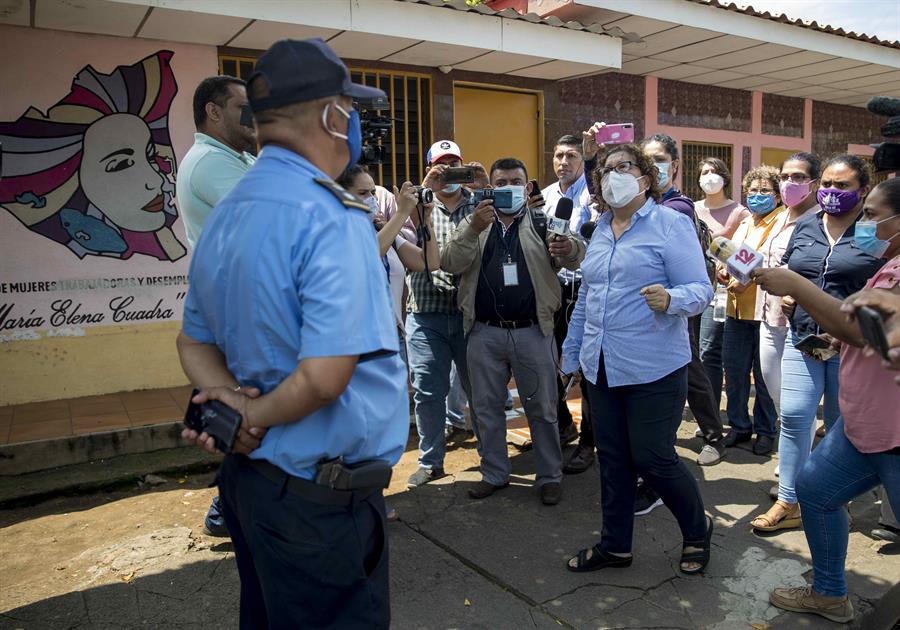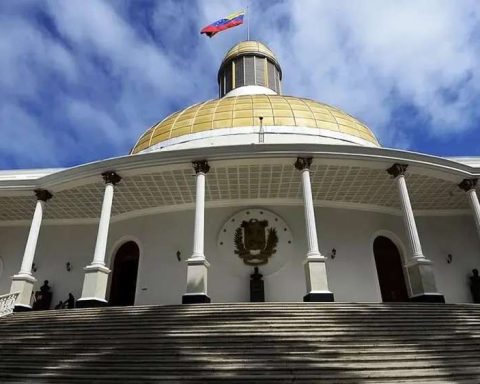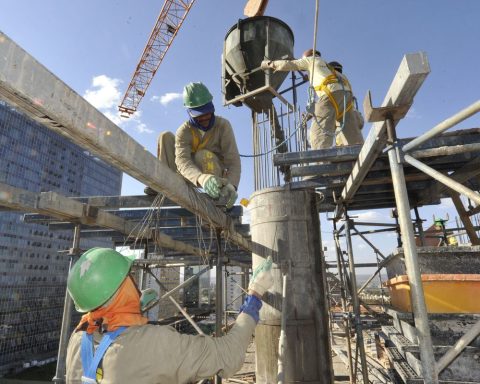If the reform to the Federal Labor Law (LFT) is endorsed, workers from companies such as Uber Didi, Rappi and others, who use digital platforms for the delivery of goods or the transfer of people or packages, would benefit.
These people work in precarious conditions, for 62% it is their only source of income, they work without benefits; they face risks and accidents, but do not have health insurance.
“36% earn between 500 pesos and 1,500 weekly, discounting gasoline and car rental expenses; 22% earn from 2,00 to 3,000, and 21% between 1,500 and 2,000 a week”. The previous data can be found in the study entitled “The work of the future with labor rights. Diagnosis and public policy strategy for the recognition of labor rights of workers through digital platforms”, by El Colegio de México, and the National Survey of Drivers and Application Distributors in Mexico, prepared by Quadrant Strategies, cited by MC.
What are the changes?
The initiative presented by Senators Patricia Mercado and Clemente Castañeda, from MC, adds to the LFT the chapter “Of the workers of digital transportation and delivery platforms.”
There it would be established that there is a work relationship between the people dedicated to the service of transporting goods and people via digital platforms, as well as the characteristics of the work activity.
Companies would have to sign contracts, or enter into service terms and conditions agreements, with employees. The modality of each type of document will depend on the hours that the worker dedicates to these tasks.
Would there be hours for application workers?
According to the proposal, two work modalities would be created:
-Dependents would be the people who work 48 hours or more a week, at times agreed with the company.
-Temporary, those who work less than 48 hours per week, with freedom to determine the start of their working day and the distribution of their working hours.
The establishment of eight-hour work days and one day of rest for every six hours of work is proposed. The minimum break between working hours would be 12 hours and with the right to digital disconnection.
The initiative indicates that both types of people would have their right to free association guaranteed (that is, they could join unions).
What should the contracts and/or agreements include?
In the case of dependent workers, contracts would be signed that establish the rights and obligations of employees and the employer, as well as the characteristics of the tasks.
Free provision and maintenance of work tools for workers, as well as their training, would be established.
In the case of casual workers, it is proposed that they sign agreements of terms and conditions for the provision of services.
Would there be salaries? What would happen to the tips?
Companies would have to pay their workers a weekly salary, which may be less than the current Minimum Wage.
This perception will be integrated by remunerations, gratuities, bonuses, premiums, commissions or any benefit.
“Tips will be an additional income that will not be considered part of the salary since they are voluntary gratuities from customers,” the initiative indicates.
What obligations do workers acquire?
They must be trained. They will also acquire the commitment to complete any service that has been accepted prior to the end of their working day.
Either the employee or the employer must notify 15 days in advance and in writing of the decision to terminate the employment relationship.
What obligations would the platforms have?
Register in a Registry of Digital Transport and Delivery Platforms that work in the country. The Ministry of Labor and Social Welfare (STyPS) will be in charge of this register and of regulating relations between employer and workers.
They will have the obligation to pay weekly wages and benefits: vacations, vacation bonus. Payment of rest days; Mandatory access to social security, occupational risk insurance and Christmas bonus.
They must guarantee the principles of equality and non-discrimination in the registry of employed persons, the method of calculating remunerations and incentives, in the system of allocation and distribution of services.
How will the employment relationship end?
Three causes are foreseen: when the worker does not connect without justified cause for 30 continuous days or does not comply with the minimum connection hours for eight weeks and fails to comply with his labor obligations. In these cases the platform will not be responsible.
Or, when the company prevents the worker from connecting for at least 15 days. In this case, the application will incur responsibility for the conclusion of the relationship.
Are there other countries that have done it?
Yes, in Spain a decree that regulates these labor relations came into force on September 30, 2021 and from then on platform workers are salaried in the general social security system.
In Chile, the matter was regulated as of March 11, 2022.

















